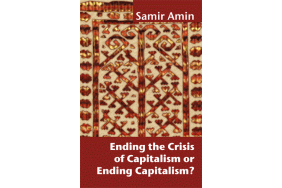As I write this piece, the finance minister has dispatched the Union Budget 2011. The press is busy reflecting the views of business and industry lobbies, as they quibble over duty exemptions, insist on financial stimulus and other incentives, and cry for big-ticket reform—foreign direct (…)

